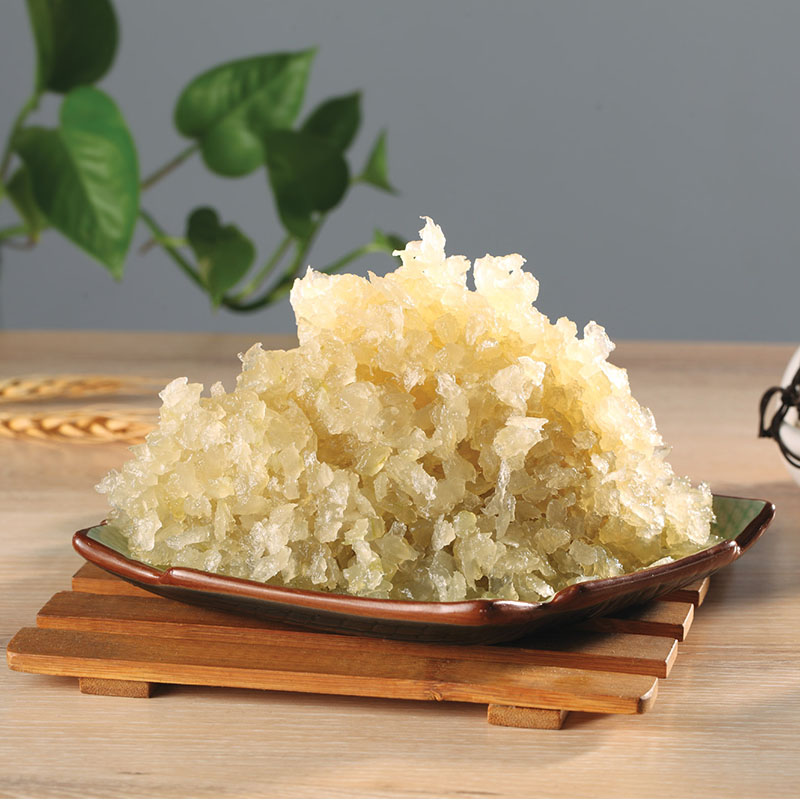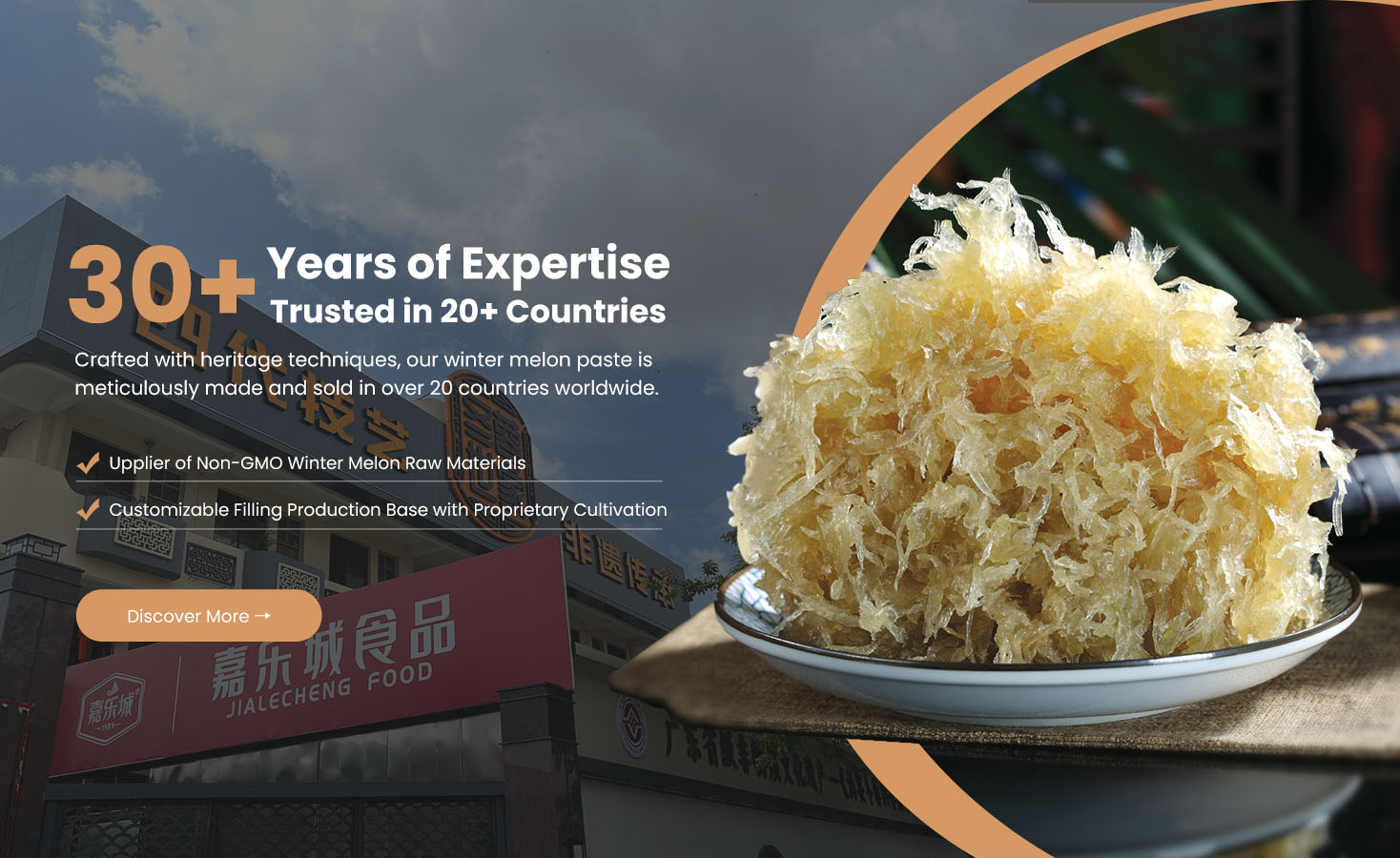Sustainable Production Methods for Winter Melon Fillings
As the world's attention to sustainable development increases, sustainable production methods in the food industry have become the focus of attention of consumers and businesses. As a traditional Chinese pastry filling, Winter Melon Fillings are not only loved for their fresh taste, but the sustainability of their production process also makes them an ideal choice for environmentally conscious users.
Low resource requirements for winter melon cultivation
Winter melon is a crop with low resource requirements, which gives it a natural advantage in sustainable production. Winter melon cultivation requires much less water resources than many other fruits or vegetables, and is drought-tolerant and suitable for growing in a variety of climatic conditions. Compared with crops that require a lot of irrigation, the cultivation process of winter melon is more environmentally friendly. In addition, winter melon has low soil requirements and can be grown on barren land, reducing dependence on fertilizers and pesticides. This low resource demand characteristic makes the acquisition of raw materials for Winter Melon Fillings more sustainable.

Localized cultivation, reduced carbon footprint
The local cultivation of winter melon is another major advantage of its sustainability. Winter melon is widely grown in China, Southeast Asia and other regions. Producers can directly obtain fresh winter melon by cooperating with local farmers, reducing the carbon footprint caused by long-distance transportation. For example, winter melon planting bases in Guangdong, Fujian and other places can directly provide raw materials for winter melon filling production, shorten the supply chain and reduce energy consumption during transportation. This localized production model not only supports the local agricultural economy, but also reduces the negative impact on the environment.
Low-energy processing process
The processing of winter melon filling is relatively simple and energy-saving. The traditional winter melon filling production process includes peeling, steaming, mashing and boiling, which do not require complex mechanical equipment or high-temperature treatment. Compared with other fillings that require high-temperature baking or deep processing, the production process of winter melon filling is more energy-efficient. In addition, modern producers have further reduced energy consumption by optimizing processes, such as using solar heating equipment, adding new impetus to sustainable production.
Potential to reduce food waste
The production of winter melon filling can also help reduce food waste. Winter melon is a large vegetable, and its pulp utilization rate is still high even after peeling and deseeding. The remaining winter melon peel and seeds can be used to make other foods or as organic fertilizer, returning to farmland and realizing the recycling of resources. This all-in-one production method makes winter melon filling a model of sustainable development in the food industry, attracting environmentally conscious consumers and merchants.
Environmental value in brand marketing
For dessert brands, highlighting the sustainability of winter melon filling can significantly enhance the brand image. Consumers are increasingly inclined to choose environmentally friendly products. By highlighting characteristics such as "sustainable cultivation" and "low-carbon production" in packaging and marketing, brands can attract environmentally conscious users. For example, dessert products labeled "winter melon filling made with local sustainable winter melon" can stand out in a highly competitive market.
The sustainable production method of winter melon filling benefits from the low resource requirements of winter melon cultivation, local cultivation, low-energy processing, and the potential to reduce food waste. These characteristics not only reduce the environmental impact of the production process, but also provide an environmentally friendly option for the dessert industry. For merchants and consumers who focus on sustainability, winter melon filling is not only a delicious filling, but also a high-quality raw material that conforms to the concept of environmental protection, helping the industry move towards a greener future.




